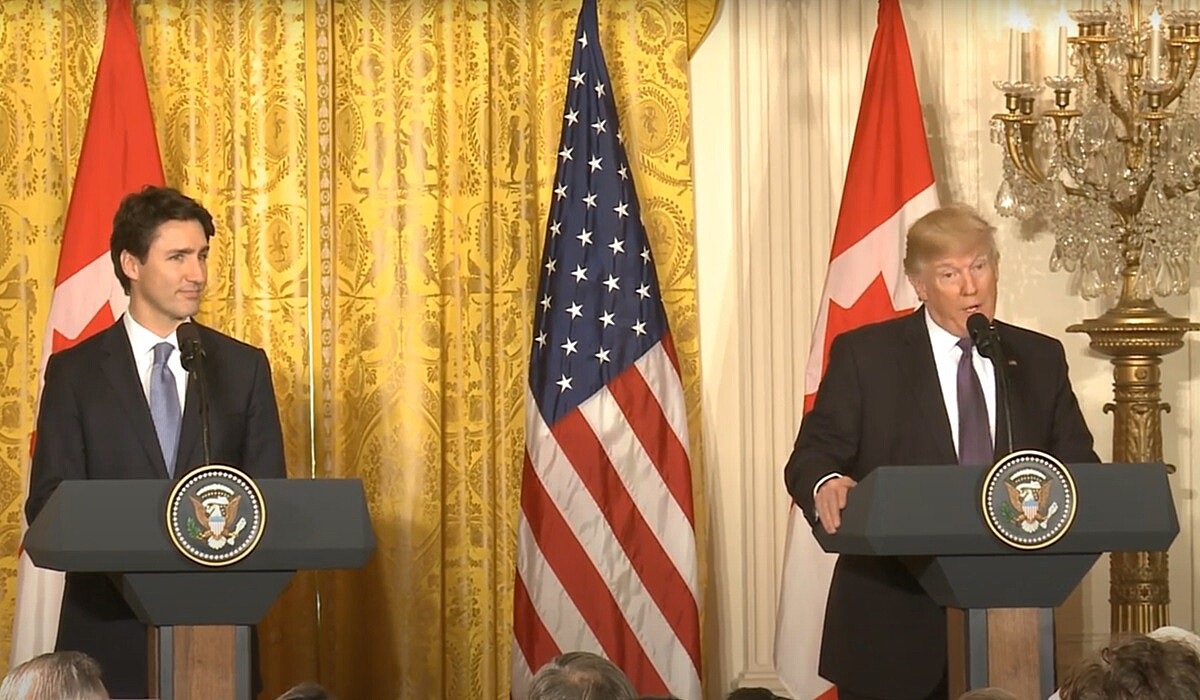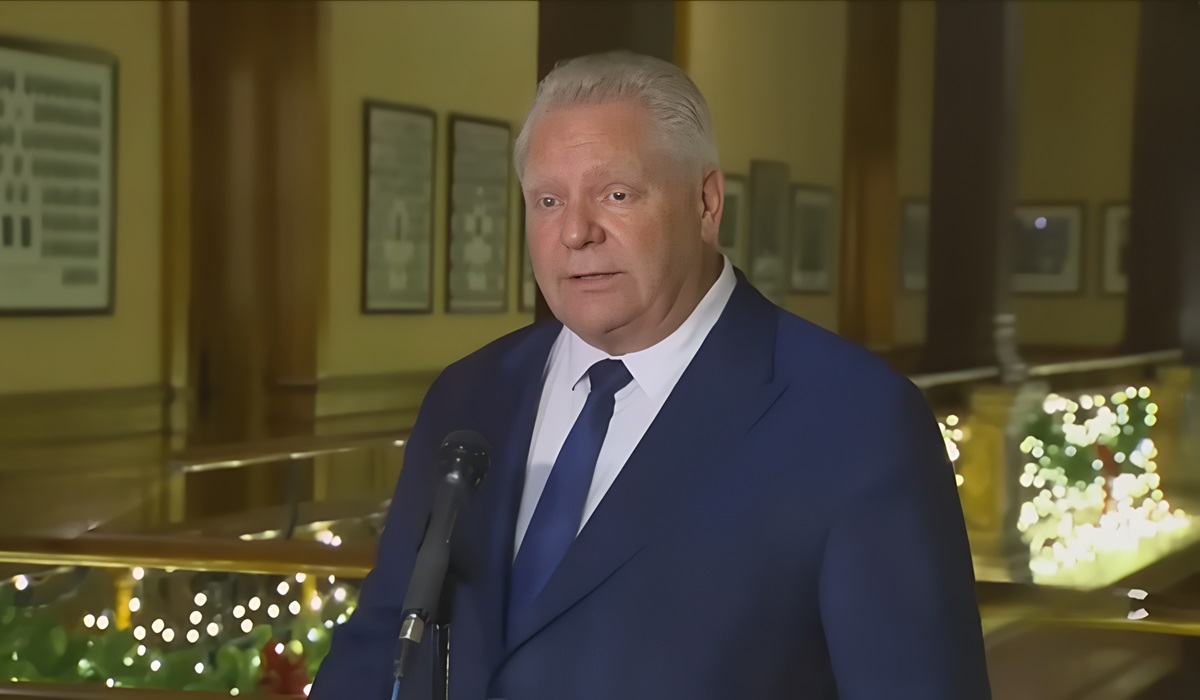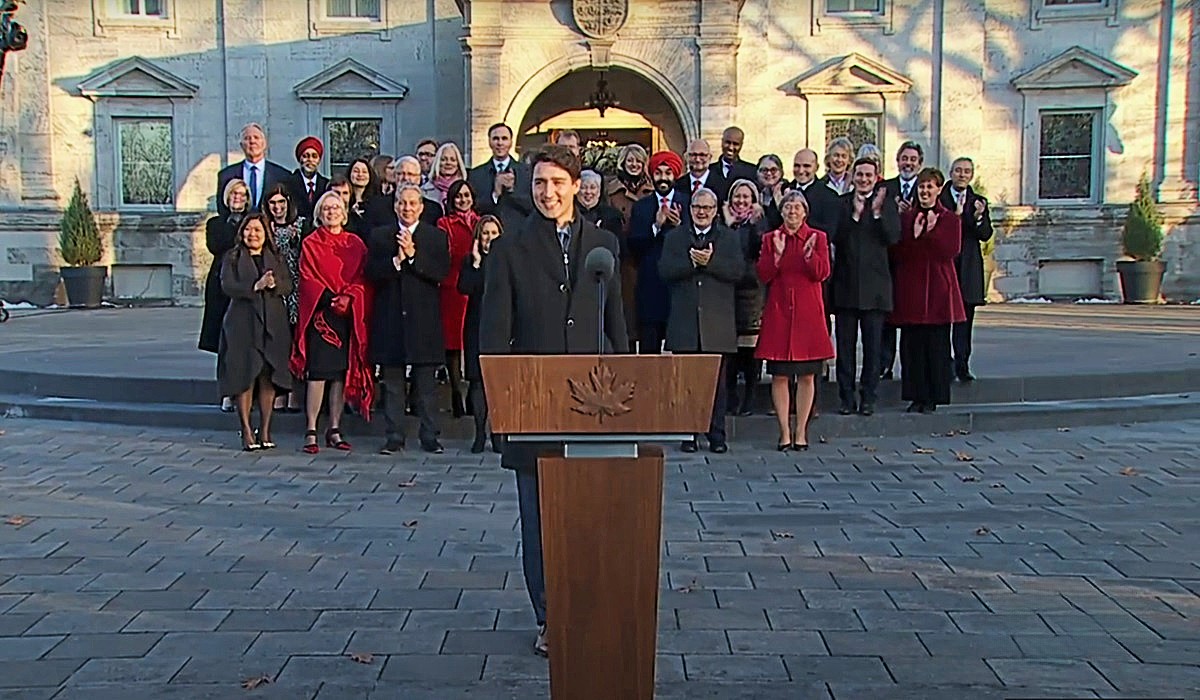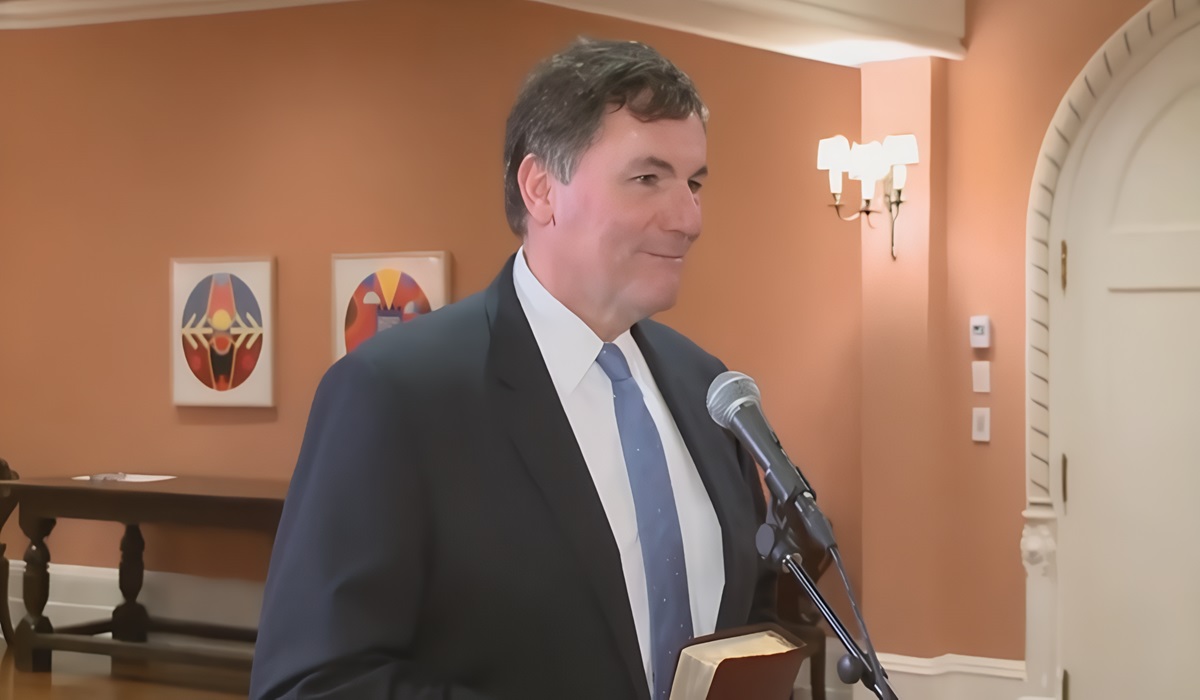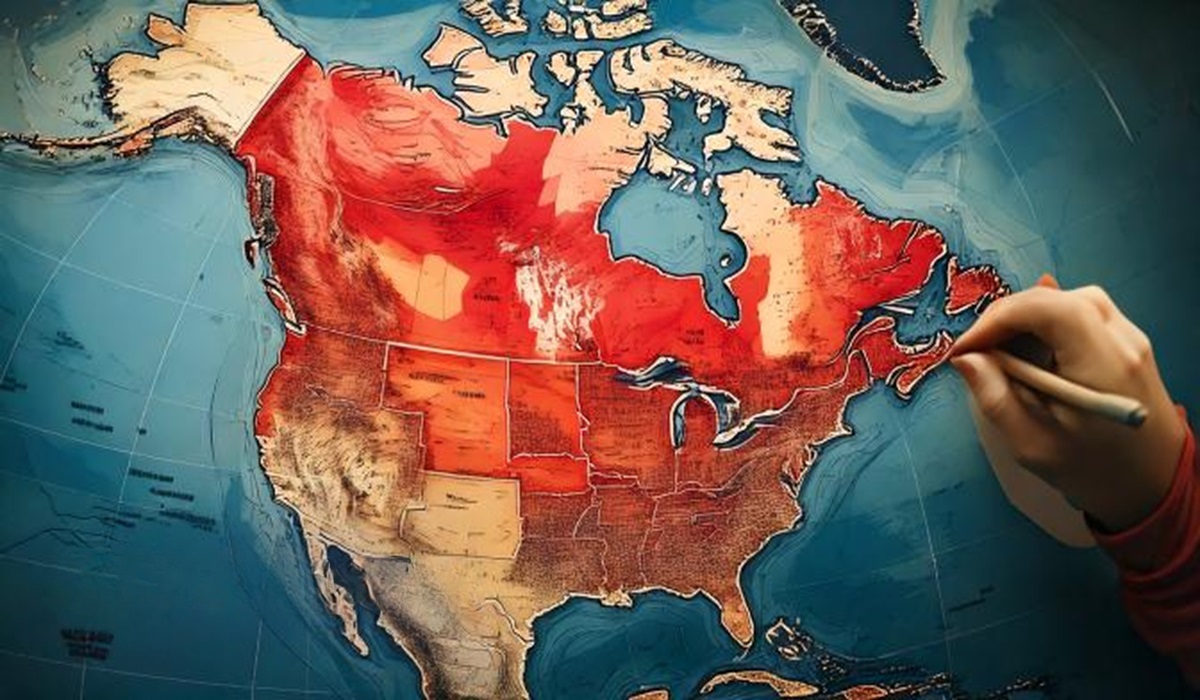With Donald Trump’s re-election, Canada is bracing for yet another tumultuous relationship with its southern neighbor. The first Trump administration was defined by a series of confrontations that tested the resilience of Canada’s government and forced Prime Minister Justin Trudeau into politically fraught positions. A renewed Trump presidency would once again confront Canada with difficult choices that could strain diplomatic, economic, and security ties, even as the country gears up for its own federal election in 2025.
Trump’s previous term had a rocky start with the detainment of Huawei’s Chief Financial Officer, Meng Wanzhou, which embroiled Canada in a costly standoff between the U.S. and China. Canada, under pressure to follow Trump’s aggressive stance against China, detained Meng in response to a U.S. extradition request. This set off years of diplomatic freeze with China. It was only after the Biden administration took power that the charges against Meng were dropped, allowing for a de-escalation with China. The tensions Trump stoked with Beijing left Canada to deal with the fallout, highlighting how the U.S.’s foreign policy could spill over and harm Canadian interests, especially in trade and international relations. With Trump back in office, Canada could face similar predicaments, potentially risking further disruptions with other major powers.
Trump’s hardline stance on immigration presented another challenge that saw Canada grappling with an influx of asylum seekers. Fearing deportation from the U.S. under Trump’s strict immigration policies, thousands crossed the border into Canada to seek refuge, flooding Canada’s already overburdened immigration system. Many of these individuals had originally sought asylum in the U.S., but Trump’s crackdown forced them northward, bypassing the Safe Third Country Agreement and straining Canada’s judicial and financial resources. Should Trump revive his aggressive immigration agenda, Canada may once again see a surge of asylum seekers crossing its borders, with millions of dollars in taxpayer funds and resources on the line.
Economically, Trump’s use of tariffs to pressure allies sent shockwaves across Canadian industries. The aluminum tariffs imposed by his administration became emblematic of a fraught trade relationship, undermining one of the world’s closest economic partnerships. Trump’s unpredictable trade policy also exposed the vulnerabilities in Canada’s economy, making it clear that Canada’s reliance on U.S. trade could be a double-edged sword. Should Trump return, Canada may have to prepare for more economic retaliation if Ottawa does not align with his policies, or worse, if Canada seeks closer ties with adversaries Trump perceives as threats.
Adding to this contentious history, Trump’s personal relations with global leaders often overshadowed policy discussions. Trudeau, alongside French President Emmanuel Macron and then-Prime Minister Boris Johnson, was caught on camera laughing at Trump during a global summit, which deeply strained their relationship, resulting in Trump calling him two faced. Such public displays of mockery only cemented Trump’s disdain for Trudeau, raising questions about how Canada could effectively work with the U.S. under a leader who views its prime minister with open hostility.
The anticipation of Trump’s return has prompted Canadian officials, business leaders, and even Trudeau himself to engage more directly with top U.S. business figures and lawmakers, attempting to build a buffer against potential fallout. Despite these efforts, the fundamental differences between Trump’s vision and the values of Canada’s Liberal government remain significant. For instance, Canada’s steadfast support of Ukraine under Trudeau has been a cornerstone of its foreign policy, aligning closely with Biden’s pro-Ukraine stance. Trump, however, has openly criticized U.S. support for Ukraine and has suggested that he would cut aid and instead negotiate a truce with Russia, a move that could isolate Canada if it chooses to continue supporting Ukraine independently.
As Canada heads toward its own federal election in 2025, the potential for a Trudeau-led Liberal government or a new administration under Conservative leader Pierre Poilievre adds another layer of complexity. Poilievre’s views are closer to Trump’s populist, right-leaning ideology, especially on issues such as immigration and economic deregulation, suggesting a possible shift in Canada-U.S. relations if the Conservatives were to take power. A Poilievre administration might find common ground with a Trump White House, reducing tension on certain policy fronts. But regardless of which party leads Canada, the country will have to navigate the renewed unpredictability of a Trump presidency that could upend international norms, strain traditional alliances, and force Canada to make tough decisions that prioritize its own national interests over allegiance to its powerful neighbor.
In the face of these challenges, Canada may seek to strengthen its alliances with other countries, pursuing a more diversified trade and foreign policy strategy to buffer against American volatility. But as Canada braces for Trump’s potential return, one thing is certain: the next chapter of the Canada-U.S. relationship will demand resilience, diplomacy, and perhaps a willingness to walk a fine line between cooperation and autonomy.

